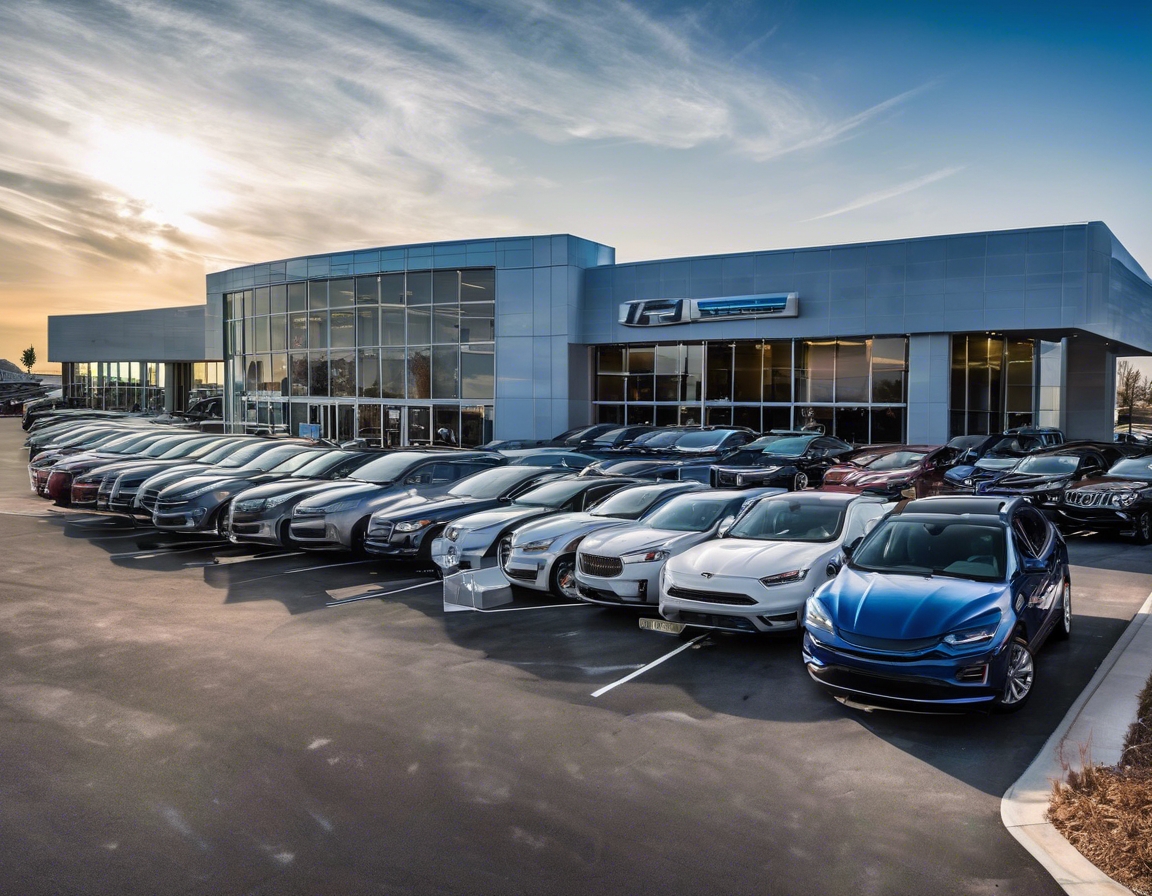Electric vehicles have come a long way since their inception in the late 19th century. Initially overshadowed by internal combustion engines, EVs have gained significant traction in recent decades due to advancements in technology and growing environmental concerns. Today, they represent a pivotal shift in the automotive industry, promising a cleaner and more sustainable future.The global EV market is experiencing exponential growth, with sales increasing year over year. This surge is driven by consumer demand for eco-friendly alternatives, advancements in battery technology, and supportive government policies. As a result, major automotive manufacturers are investing heavily in EV development, signaling a transformative era in transportation.
Technological Advancements in EVs
One of the most significant advancements in EV technology is the development of more efficient and longer-lasting batteries. Innovations such as solid-state batteries and lithium-silicon anodes are set to revolutionize the industry by offering greater energy density, faster charging times, and improved safety.The expansion of charging infrastructure is crucial for the widespread adoption of EVs. Efforts are underway globally to increase the number of charging stations, improve charging speeds, and integrate renewable energy sources. This development is essential to alleviate range anxiety and make EVs a viable option for all consumers.The integration of autonomous driving technology with EVs is another exciting frontier. Electric vehicles are increasingly being equipped with advanced driver-assistance systems (ADAS) and self-driving capabilities, paving the way for safer and more efficient transportation solutions.Environmental Impact and Sustainability
EVs play a critical role in reducing carbon emissions, as they produce zero tailpipe emissions. This reduction is vital in the fight against climate change, as transportation is one of the largest contributors to greenhouse gas emissions.By transitioning to electric vehicles, we can significantly decrease our reliance on fossil fuels and reduce our carbon footprint. This shift is essential for achieving global climate goals and ensuring a sustainable future for generations to come.The EV industry is also focusing on sustainable manufacturing practices, including the use of recycled materials and renewable energy in production processes. These efforts are crucial for minimizing the environmental impact of vehicle manufacturing and promoting a circular economy.Economic Factors Influencing EV Adoption
While the initial purchase price of EVs can be higher than traditional vehicles, the total cost of ownership is often lower due to reduced fuel and maintenance costs. As battery prices continue to fall, EVs are becoming more accessible to a broader range of consumers.Governments worldwide are implementing incentives and policies to encourage EV adoption. These measures include tax credits, rebates, and investments in charging infrastructure, all of which are crucial for accelerating the transition to electric mobility.The competitive landscape of the EV market is driving innovation and pushing manufacturers to develop more advanced and affordable vehicles. This competition is beneficial for consumers, as it leads to a wider range of options and improved vehicle performance.Challenges Facing the EV Industry
Despite advancements in battery technology, range anxiety remains a concern for many potential EV buyers. Efforts to increase battery range and reduce charging times are ongoing, but overcoming these challenges is essential for widespread adoption.The current charging infrastructure is not yet sufficient to support the growing number of EVs on the road. Expanding and upgrading this infrastructure is critical to ensure that EVs can be conveniently charged, especially in urban areas.Educating consumers about the benefits and capabilities of EVs is vital for overcoming misconceptions and resistance to change. As awareness grows, more individuals are likely to consider EVs as a viable and attractive option.The Role of EVs in Urban Mobility
Electric vehicles are increasingly being integrated with public transport systems, offering seamless and sustainable mobility solutions. This integration is essential for reducing congestion and improving air quality in urban areas.The rise of EVs is influencing urban planning, with cities adapting to accommodate electric vehicles through the development of charging infrastructure and dedicated EV lanes. These changes are crucial for creating EV-friendly environments and promoting sustainable urban mobility.The future of urban mobility is likely to be shaped by a combination of electric vehicles, autonomous technology, and shared mobility services. These solutions promise to transform how we move within cities, making transportation more efficient, affordable, and environmentally friendly.The Road Ahead for Electric Vehicles
The next decade is expected to see significant growth in the EV market, with electric vehicles becoming increasingly mainstream. As technology continues to advance, EVs will offer greater range, faster charging, and enhanced features, making them an attractive choice for consumers.Potential breakthroughs in battery technology, autonomous driving, and charging infrastructure are on the horizon, promising to further accelerate the adoption of electric vehicles. These innovations will play a crucial role in shaping the future of transportation.Companies like GOLDEN CAR MOTORS OÜ are at the forefront of the electric vehicle revolution, driving innovation and offering high-quality, sustainable automotive solutions. By investing in cutting-edge technology and prioritizing customer satisfaction, they are helping to pave the way for a cleaner and more sustainable future.Contact GOLDEN CAR MOTORS OÜ today to explore our innovative electric vehicle solutions and join the movement towards a sustainable future!









Comments (0)